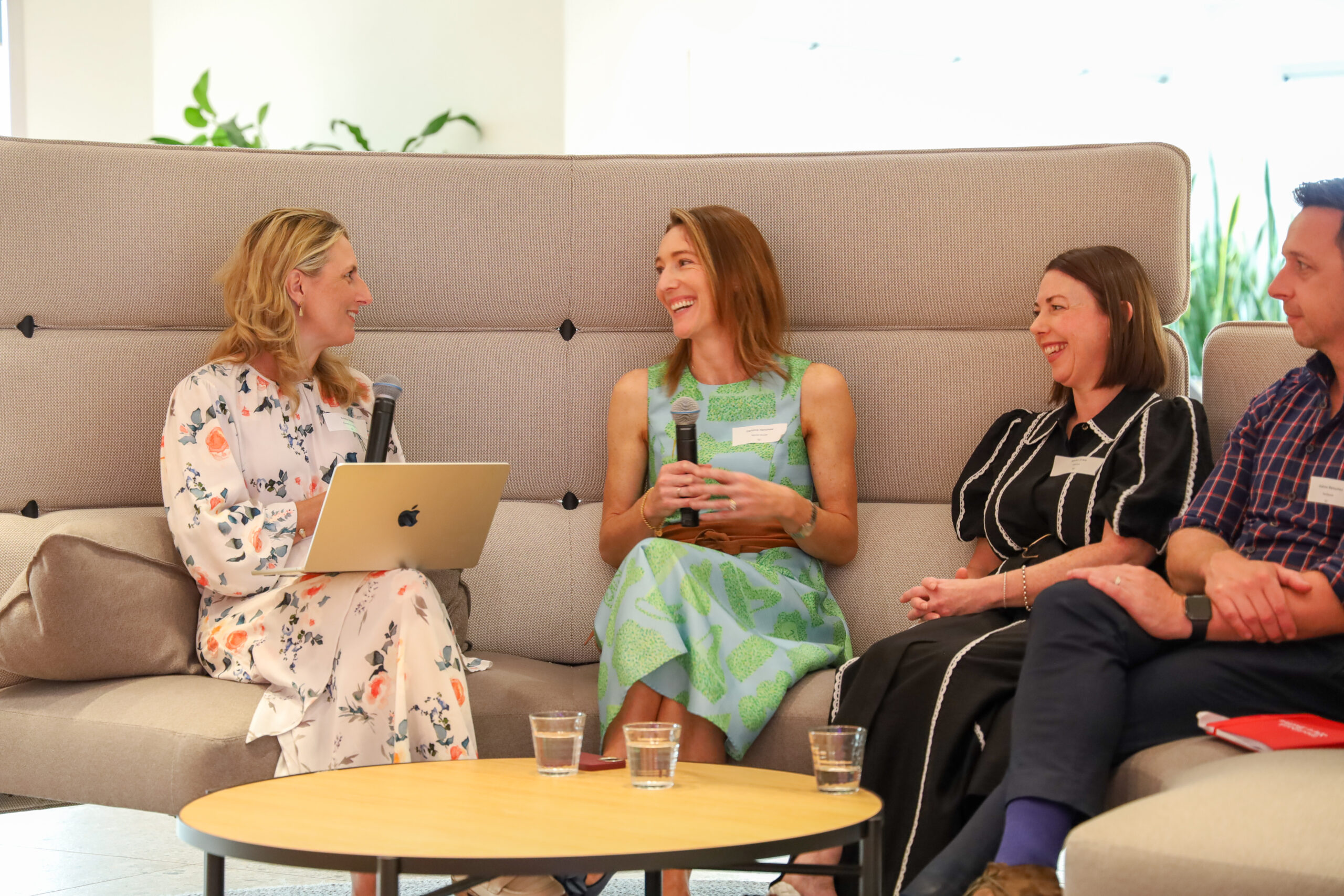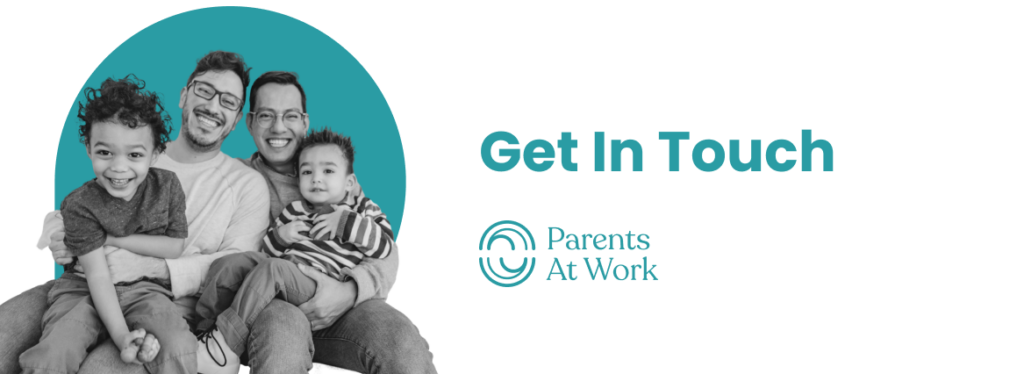
As 2025 unfolds, the future of flexible work will be shaped by data, experimentation, and adaptability
The world of work is shifting yet again, and in 2025, flexible work has evolved far beyond just working from home. At our recent member event, Flexible Work 2.0: The Trends you Can’t Ignore in 2025, we gathered at HESTA’s offices to discuss the trends shaping the future, from hybrid work and four-day work weeks to return-to-office mandates. But more importantly, this conversation went beyond theory – it was about practical solutions that help businesses thrive while supporting their people.
The event kicked off with a reflection on the current state of workplace flexibility. Are organisations holding onto the best of what we learned during COVID-19, or are they retreating to old models? Emma Walsh, CEO of Parents at Work, highlighted the stark divide: organisations investing in flexible work are pulling ahead, while those reverting to outdated policies risk losing top talent.
One of the key takeaways? Flexibility is not just about where we work – it’s about how, when, and why. The session reinforced that businesses thriving in the flexible work era are the ones adapting to their employees’ evolving expectations while maintaining productivity and engagement. Most importantly, these organisations are focusing on what works best for their teams rather than reacting to external pressures or media-driven narratives. Successful leaders are using data to guide their decision-making, ensuring they stay the course in a way that benefits both employees and the business.
The latest from the Australian Bureau of Statistics (ABS) shows that one-third of Australians still work from home regularly, yet many organisations are increasing pressure to return to the office. However, evidence suggests that hybrid work doesn’t harm productivity. Instead, companies that embrace it are seeing better talent retention, engagement, and workplace satisfaction.
At HESTA, for example, their HESTA Flex program is designed to offer a structured yet adaptable approach, ensuring both employee wellbeing and business success. Karen Crew, General Manager of People and Culture at HESTA, emphasised that their focus is on meaningful connection – bringing people together for purposeful collaboration while maintaining the autonomy employees value.
HESTA Flex is a comprehensive program that extends beyond hybrid work arrangements. It includes:
One of the most popular discussions came from Andrew Retschko, who leads talent acquisition at Medibank. Medibank has been trialling the four-day work week for over a year, with encouraging results:
Medibank’s approach is clear: 100% productivity in 80% of the time, with 100% of pay. The company has seen major benefits, not just for employees but for business performance, proving that the four-day week is more than just an experiment, it’s a sustainable model for the future.
One striking statistic shared during the event – one in two Australians live with a chronic health condition – underscored why flexibility isn’t just a ‘nice-to-have’, it’s essential for long-term workforce wellbeing.
Medibank has responded with initiatives like free virtual GP consultations, while organisations like HESTA and Mantel Group take an individualised approach, ensuring employees have the flexibility they need to manage both their personal and professional lives effectively.
A common thread throughout the event was the role of trust. Organisations that succeed with flexible work don’t rely on rigid policies; they empower employees to make good choices while holding them accountable for outcomes. Caroline Henshaw, Chief People Officer at Mantel Group, highlighted their principle-led approach, which removes unnecessary policies in favour of clear expectations, trust, and personal responsibility.
One of the biggest mistakes organisations can make is implementing rigid rules without explaining why. When leaders fail to communicate the reasoning behind decisions, it can create a perception of distrust, essentially saying, “We don’t trust you unless we can see you.” Transparency and clear explanations about why policies exist help employees understand and buy into them, ultimately fostering a culture of accountability rather than resistance.
Mantel Group’s model is built on five core principles that guide decision-making and allow employees to tailor their work arrangements to their personal and professional needs. Rather than enforcing blanket rules, the company supports employees in making informed choices that balance flexibility with client and business needs.
Their annual individual review process ensures that flexibility remains aligned with both employee goals and organisational priorities. Employees are encouraged to regularly reassess their work arrangements, making adjustments as needed while maintaining accountability. This approach fosters a culture where fairness is prioritised over rigid consistency, allowing the company to accommodate unique circumstances while maintaining productivity and engagement.
As 2025 unfolds, the future of flexible work will be shaped by data, experimentation, and adaptability. The event made it clear: companies that invest in clear communication, trust-based policies, and employee wellbeing will be the ones to thrive.
So, if you’re revisiting your organisation’s flexible work strategy, take a step back and ask: Are we evolving with the times, or are we resisting change? Because one thing is certain – flexibility is here to stay, and those who embrace it will lead the way.
For more insights and support in shaping your flexible work policies, reach out to the Parents at Work Advisory Team at info@parentsatwork.com.au.


